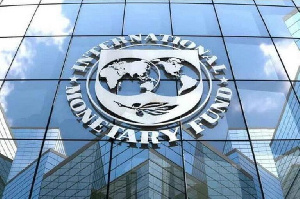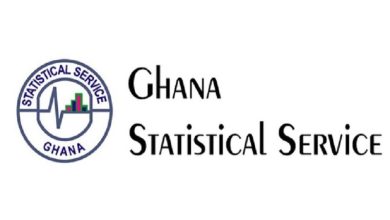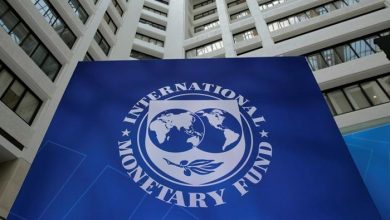Ghana unlikely to seek IMF help to rebuild finances – EIU

The Economist Intelligence Unit (EIU) says it does not foresee Ghana seeking a programme from the International Monetary Fund (IMF) despite the devastating impact of the pandemic on the government’s finances.
In its February 2021 Country Report, the London-based business intelligence and advisory firm explained that government is likely to pursue its own domestic fiscal policies rather than go to the Washington-based lender for support.
“Although Ghana would benefit from a formal IMF program (owing to investor concerns regarding fiscal sustainability), the government will prioritize policy independence and be reluctant to return to the Fund,” the EIU said.
The report however argued that the reliance on homegrown policies such as the Ghana Beyond Aid agenda may yield little results as the fallout from the pandemic has put a severe strain on the strategy, aggravating existing structural weaknesses, owing to worsening investor sentiment and reduced economic activity.
After a sharp slowdown in 2020, Ghana’s economy is officially projected to grow by more than 4 percent this year—but the EIU said growth will probably be near 2%, especially in the wake of the pandemic’s second wave, which is claiming lives at a more rapid pace than before.
“With the elections completed, overall expenditure will decline, but many coronavirus-related support measures will remain in place, owing to the slow pace of recovery from the economic fallout from the pandemic, and expenditure will be diverted from another planned spending,” the EIU said.
As Ghana expects to take delivery of its first batch of Covid-19 vaccines by March, the business advisory firm stated that the drugs will likely be financed largely by donors.
The EIU predicted that the country’s fiscal deficit, which shot up to double digits last year, will decline to 8.9 percent of GDP in 2021, before narrowing further to 5.8 percent in 2023 as expenditure falls and revenue picks up.
However, it projected that the deficit will widen to 7.4 percent of GDP in 2024, owing to election-related spending increases (facilitated by eventually scrapping the Fiscal Responsibility Act, as the administration seeks to avoid constraints on spending ahead of the election that year), before narrowing to 5.9 percent of GDP in 2025 as expenditure is cut again.
Public debt
The country’s total public debt as a percentage of GDP climbed to 75.9% in 2020—a figure the EIU predicted would gradually decline, settling at 70.3% of GDP by end-2025, owing to a period of economic growth.
That notwithstanding, the government is expected to continue its dependence on borrowing from both external and domestic sources.
The government has already indicated its intention of raising between US$3billion-US$5billion in 2021 through Eurobond issues, which will be used primarily to roll over existing obligations, alongside supporting government spending.










